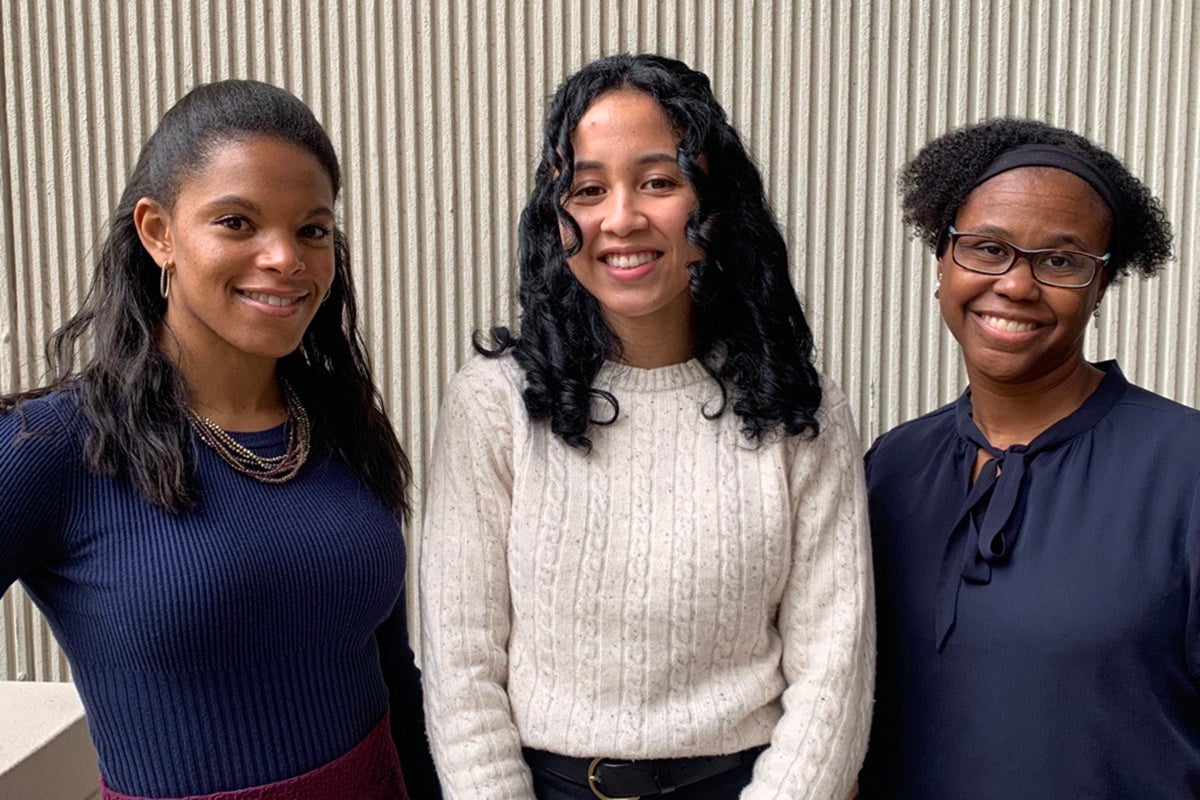Related Topics
Time spent in nature may reduce hospitalization risk for neurodegenerative diseases
Living near green spaces, parks, or bodies of water may help protect older adults from first-time hospitalizations for neurodegenerative diseases such as Alzheimer’s and Parkinson’s, according to a large new study led by Harvard Chan School.

When beauty causes harm
A new podcast called Beauty + Justice looks at the history and context surrounding beauty injustices, the potential impacts on health—from asthma to early menstruation to breast cancer—and the sometimes painful emotional toll of trying to attain a…

Toxic environment harming sperm counts
Sperm counts among men around the world are plummeting due to toxins in the environment, according to Harvard Chan School’s Carmen Messerlian.

Better Off Podcast: Is clean beauty for real?
It seems like every brand of makeup, fragrance, and hair care wants consumers to believe that their products are safe, natural, and clean. Is this all just greenwashing? The beauty industry is remarkably unregulated – and women, particularly…

Healthy plant-based diets better for the environment than less healthy plant-based diets
Healthier plant-based dietary patterns were associated with better environmental health, while less healthy plant-based dietary patterns required more cropland and fertilizer, according to a new study led by researchers at Harvard Chan School and Brigham and Women’s Hospital.

PFAS levels lower in buildings with healthier furnishings
Buildings renovated with healthier furnishings had significantly lower levels of the entire group of per- and polyfluoralkyl substances (PFAS)—toxic chemicals linked with many negative health effects—than buildings with conventional furnishings, according to a new study led by Harvard…

Better Off Podcast: Is cooking with natural gas unhealthy?
40 million American homes cook their meals with natural gas. But most people don’t think of the little blue flame on their gas range as the end of a very long natural gas pipeline. New research shows that…

Opinion: Upcoming Supreme Court rulings could undermine public health
With the start of the new Supreme Court term, the justices in the conservative majority could significantly harm public health through a number of rulings, according to Michelle Williams, Dean of Harvard T.H. Chan School of Public Health.

Spend time outdoors. It’ll improve your health, say experts.
Spending time outdoors around grass, trees, and other plants can improve both mental and physical health.
Opinion: Changing how buildings use energy can help combat climate change
Shifting buildings away from using dirty fossil fuels and toward using electricity for heating and cooling will be a crucial part of combatting climate change. But decarbonizing buildings would require a whopping increase in demand for renewable energy…